Phone line
Chlamydia is another bacterial infection exclusively passed on during sex (oral, vaginal and anal). As with gonorrhoea the risk is much higher in unprotected sex but if protection is not used correctly then the risk is increased as well.
Those who are experiencing symptoms (see below) should get tested as soon as possible. However, Chlamydia is notorious for not producing symptoms in those that have been infected. So if you have had any unprotected sexual risk or have had a protection failure then it would be advisable to be screened even in the absence of symptoms.
However, it is of paramount importance to note that chlamydia produces no symptoms with considerable regularity, so it’s therefore important to perform chlamydia test Singapore. This means many of those infected are completely unaware as they feel fine. This may lead to a delay in screening and increases the risk of infecting others.
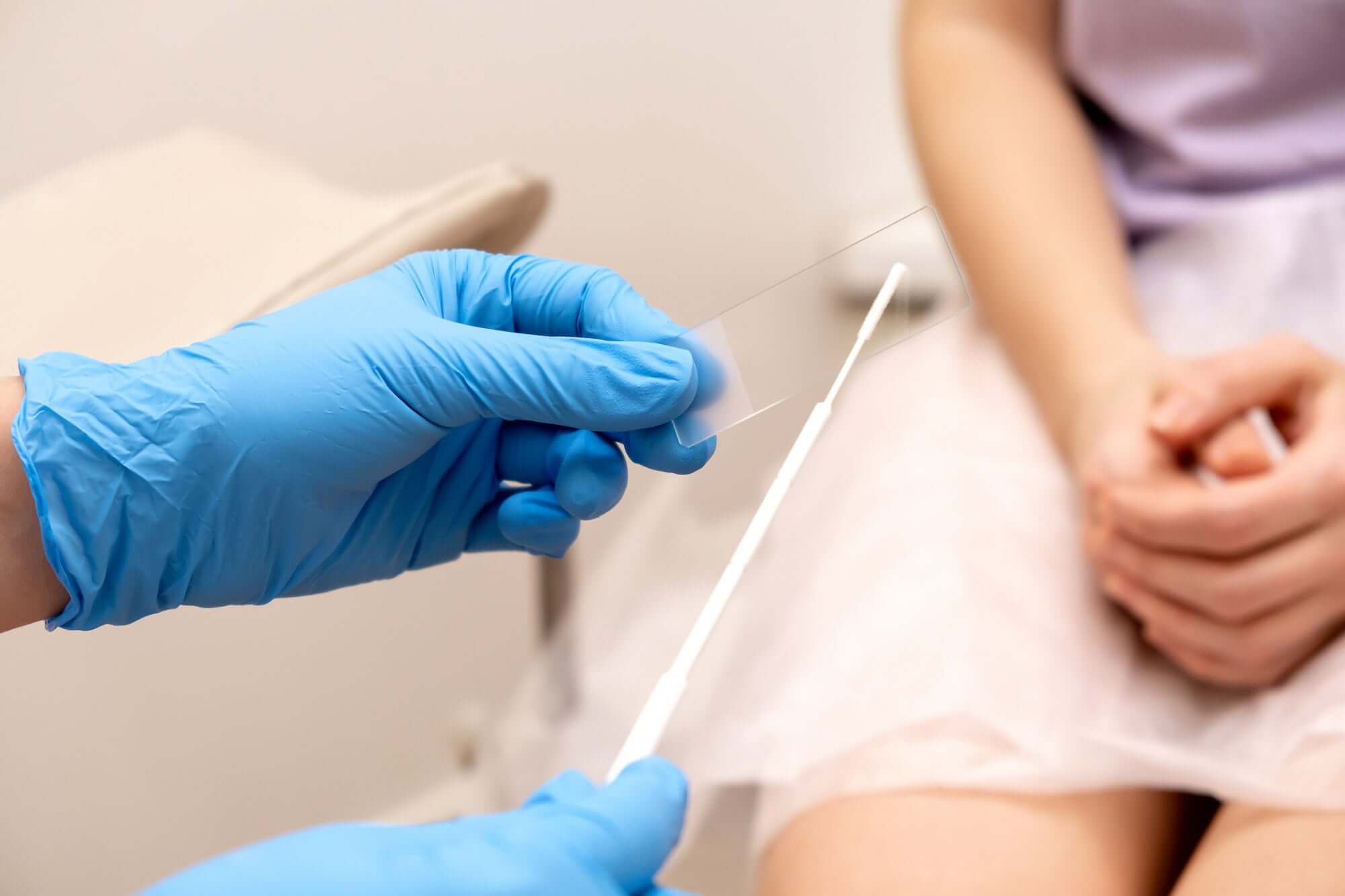
Much like gonorrhoea, screening for men involves a urine sample. Women will undergo vaginal swabs for the best accuracy. If Chlamydia is suspected in the throat or rectum then swabs from those areas are performed.
Thankfully Chlamydia is still receptive to first choice antibiotics. Often a single dose or a week long course can be used to good effect.
The issue with Chlamydia is that a large majority of those infected are asymptomatic and this leads to delay in screening and treatment. However, even if you feel well with no symptoms, it is imperative to treat because the infection can continue to spread within the genital and pelvic region.
For men this could cause prostatitis or testicular pain and, subsequently, infertility.
For women the infection could spread to the ovaries, fallopian tubes and uterus and cause pelvic inflammatory disease, much like Gonorrhoea. This may also lead to irreversible infertility.
As with gonorrhoea, abstinence is the only guaranteed way to prevent Chlamydia but using protection such as condoms goes a long way into significantly reducing the chance of infection. In general, condoms can be considered safe as long as they do not break or come off during sex but we would still recommend routine screening even with the use of protection.
However, if those at risk screen and treat infections regularly, the overall chance of infection is significantly reduced.
Feel free to come and speak to our friendly and approachable doctors about any issues you may be having. Remember we still cover all the GP stuff as well.
Herpes/Herpes Simplex Virus (HSV) is a virus that affects the skin. There are two major types known as type 1 and type 2. Typically HSV type 1 affects the mouth area and is associated with cold sores (passed on through kissing). HSV type 2 typically affects the genital area and is associated with sexual transmission.
HSV presents as painful/burning blisters that are often clustered together on the skin. For some the initial symptom will be a tingling sensation in the affected area before visual symptoms appear. Symptoms are very similar to shingles which is a condition caused by another member of the Herpes family.
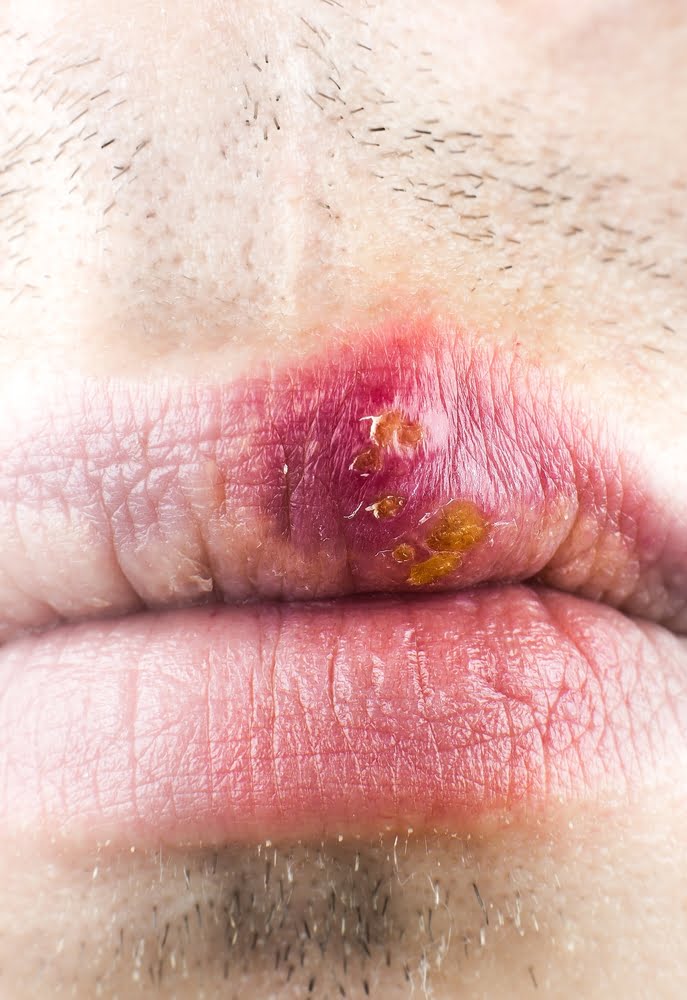

Syphilis is a bacterial infection primarily passed on through sex. However, if an infected person has symptoms and that comes into contact with damaged or broken skin then it is possible to pass on even in the absence of sex.
The first stage of Syphilis presents with sore(s) at the location the infection entered the body, typically around the genital region but it can present on the anus or mouth as well. The sores tend to be round and are painless which can lead to a delay in identifying them.
The second stage usually presents with a widespread rash that can be anywhere on the body but the typical areas tend to be the hands/feet and torso region. The rashes are not itchy and they can appear quite flat, sometimes making them easy to miss.
Both are bacteria that can potentially be present on the skin, particularly around the genital region. They can be passed on through skin contact of contaminated areas as well as through sex.

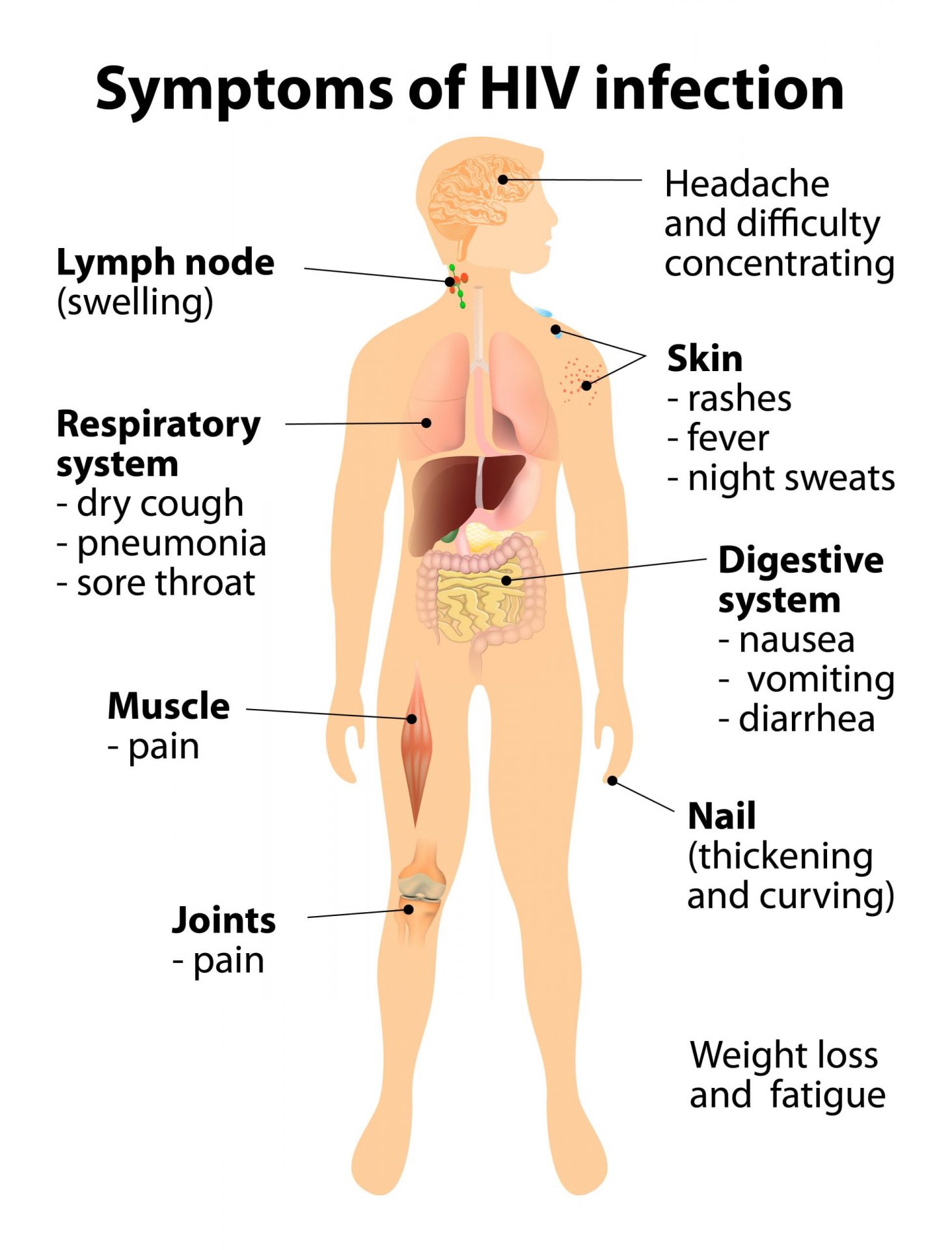
HIV is a virus that can pass on primarily through sex and sharing of unsanitised drug needles. The former is the primary mode of transmission particularly unprotected vaginal or anal sex. Thankfully oral sex is considered negligible risk for HIV.
This is an important point because HIV often has no symptoms in the early stage. Some may experience severe symptoms such as high fever, marked body aches, chills, runny nose, sore throat and fatigue approximately 3 weeks after infection but there is considerable overlap with other conditions such as the flu and Covid 19. Therefore symptoms at the early stage are unreliable and should not be used to exclude or diagnose HIV. Testing is the only accurate way to do this.
Trichomonas is a fairly common parasite passed on through sex and affects women more often.
In a majority of people with Trichomonas, symptoms can be absent making it difficult to identify without testing. However, if symptoms are present then the below list shows the common presentation:
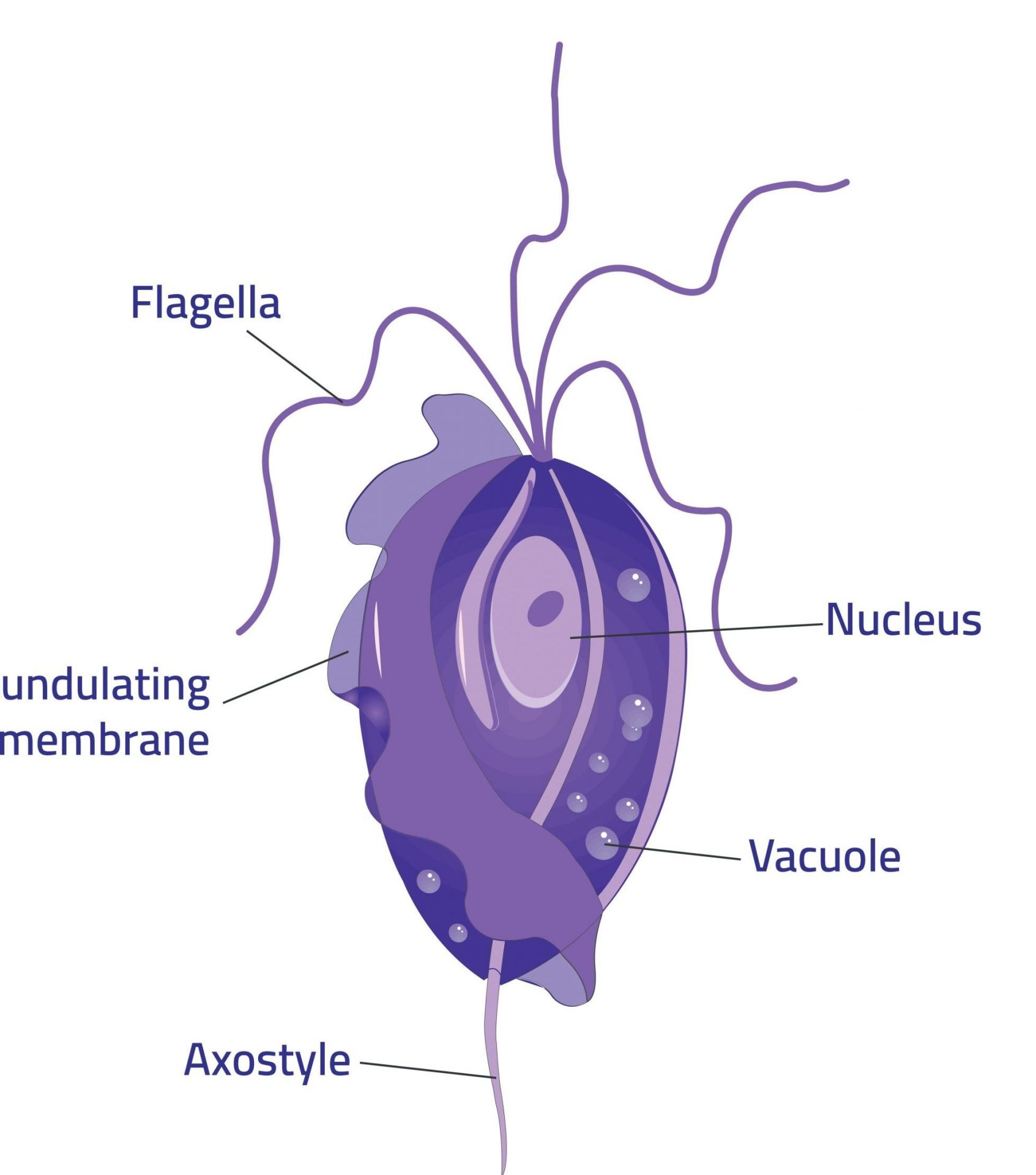
Gonorrhoea is a bacterial infection that is commonly passed on through unprotected sex (vaginal, anal and oral).
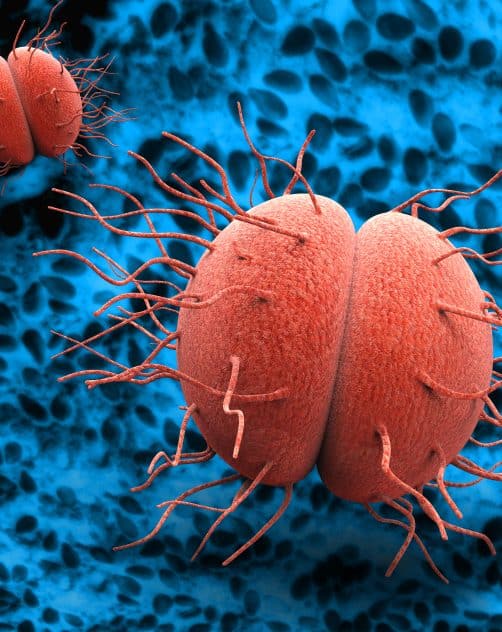

HPV is a virus that can infect many areas of the body. There are over 100 strains and the majority are low risk and reside on the skin and can cause conditions such as warts. While this isn’t pleasant it can be easily treated. Approximately 40 HPV strains can be passed on through sex but 12 to 14 of these are considered high risk for certain types of cancer.
Low risk strains of HPV may produce warts. Those that are passed on sexually may produce genital warts which are fleshy growths from the skin around the genital and anal region. High risk strains often have no symptoms until it is too late. If we take cervical cancer as an example, many women who are developing this cancer due to HPV have no symptoms at all.

You should consider screening if you have symptoms of a possible STD, if you have had a recent risky exposure (unprotected sex with a casual partner), or both.
Yes, you can. The common misconception is that oral sex is not considered ‘real’ sex and therfore has no risk but the opposite is true. Often oral sex is performed without protection and this is why infections such as chlamydia and gonorrhoea can pass on through oral sex.
Thankfully the majority can be cured but there are some such as Herpes and HIV that can be treated but not cured. This is why prevention is better than cure and ensuring safe sex goes a long way to reduce your risks.

© 2024 STD Screening Singapore